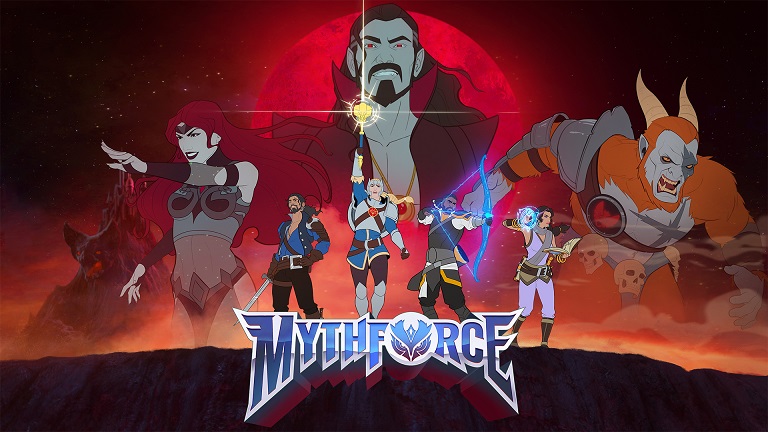I recently grabbed breakfast with a past student of mine. He entered the “real world” this past June and so far it seems like he’s killing it!
They’ve done a few mixes for short films, handled production sound for commercial work, is assisting a Composer with a score and was recently asked by an indie dev to help with audio for their game.
However, this indie dev asked if they’d do the audio completely on Rev Share.
We talk about the business, promotion, and legal aspect of things in the advanced classes I teach at DePaul so he was wary of Rev Share. BUT, he really liked the project and the developer. Breakfast was about catching up, but it was also about some advice on this situation (which I was happy to give!).
Rev share has made collaboration possible for many teams, and allowed for wonderful things to be made!
Unfortunately, it has also become a compensation-type crutch for less experienced teams and a potential HUGE red flag for service providers.

If someone is asking to compensate you with Rev share, you first need to make sure they know what they’re doing. Applicable in every professional situation, but especially this one. Ask them (or yourself if you’re offering rev share) some of these questions:
- What is the timeline for the project? Is it reasonable?
- How many assets and what types are needed? Does the estimate seem well-thought out?
- Is this their first project?
- What is their marketing plan for the game?
- How many units do they project they will sell and why?
All these questions will help you determine whether they have done their homework before getting you involved, but the last two questions are probably the most important. What is their marketing plan for the game? Even if they haven’t totally thought it out in entirety, they have to generally know how they intend to promote this thing! So much of promotion today happens during production and involves many different pieces. If they’re two months from launch and just starting to think about that, I can almost guarantee it won’t perform well. How many units do they project they will sell and why? If they haven’t done any research into this, then you can deduce they’re intentionally asking you to work for free. The rev share is just an attempt to frame it differently. Personally, I would prefer they just ask for free work than to try and color it differently. If they have no idea whether the game will be successful (or why), then they have no idea how you will ultimately be compensated. Which means the Rev Share equals…

Wow, Rev share sounds awful! I’ll avoid it like the plague!
Not so fast! There are many well-meaning teams that have done their homework, know what they’re doing, and will have great answers to these questions. The only holdup is they don’t have money right now. But even for those rare diamonds in the rough, you need to then ask:
- What is the money you do have going towards?
- Who else is receiving rev share?
- How much rev share are other folks receiving?
Are they focused on an entire successful campaign for this game? Or only development? If you’re the only one being asked to work for rev share, how much do they really value you? And, how much of the revenue generated by the game are they giving away? If they genuinely thought the game was going to sell, would they give away that much of it? Now every situation is different, and sometimes a Rev Share can blossom into ALL THE MONEYZ!
But as good practice, if someone is offering rev share, we need to make sure we’re involved with good people, with good heads on their shoulders, that are genuinely trying to compensate and value your contributions.
And if you’re offering Rev Share to someone, make sure you’re asking these same questions to yourself!
Final tidbit: I told my ex-student to offer a set amount of time/dates to help, and to ask for other non-monetary types of compensation in addition to rev share.





